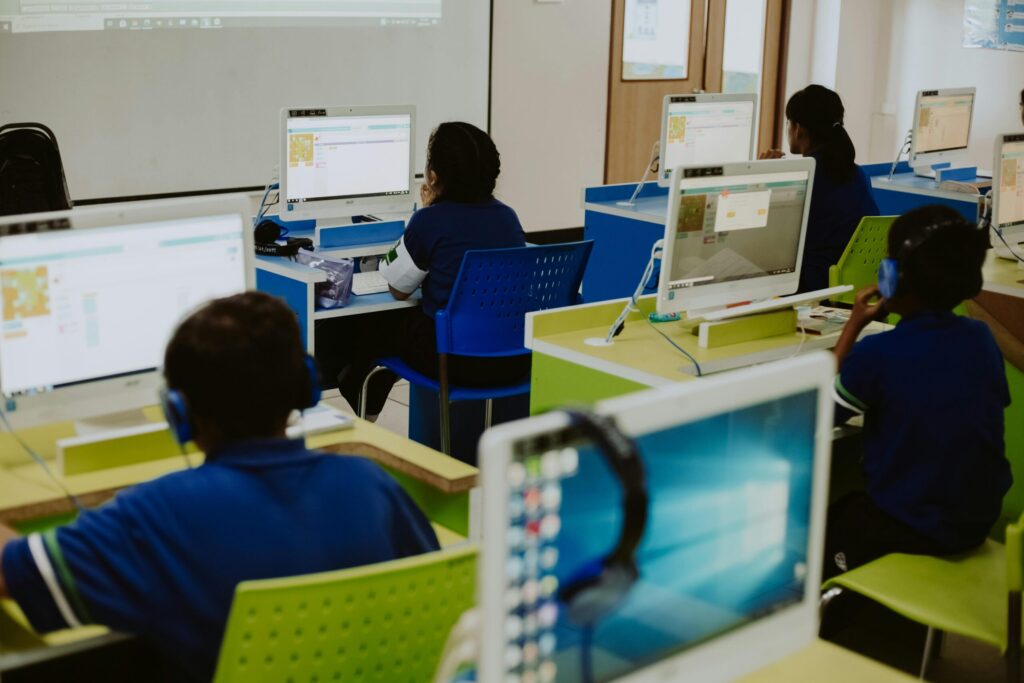Digital Literacy for Students and Educators

About Course
Digital Literacy for Students and Educators
In a world where technology plays an integral role in education, Digital Literacy for Students and Educators is designed to provide the essential skills needed to navigate and leverage digital tools effectively for learning and teaching. This course empowers participants to unlock the full potential of technology, fostering a deeper connection between digital innovation and educational success.
For students, the course offers a comprehensive introduction to digital platforms, online research techniques, and data analysis, equipping them with the skills to access resources, collaborate with peers, and communicate effectively in a digital-first environment. They’ll learn how to critically evaluate online information, work safely and responsibly on the internet, and harness technology for academic success.
For educators, the course explores cutting-edge strategies for integrating technology into the classroom. From using interactive tools to enhance engagement to implementing personalized learning plans tailored to individual student needs, educators will discover innovative ways to transform teaching methods and inspire learners in the digital age.
Course Highlights
- Master online research techniques and evaluate information critically.
- Build proficiency in using digital tools for collaboration and communication.
- Explore strategies for online safety and maintaining digital privacy.
- Learn how to incorporate technology into lesson plans to boost student engagement.
- Discover platforms and resources that support personalized, inclusive, and innovative learning.
Who Should Take This Course?
This course is ideal for students who want to enhance their academic performance and educators looking to create dynamic, technology-enhanced classrooms. Whether you’re a digital novice or seeking to refine your skills, this course provides the confidence and tools needed to excel in today’s interconnected educational landscape.
By the end of this course, students and educators will be equipped to navigate the complexities of the digital world with competence and creativity, ensuring success in learning, teaching, and beyond. Join us and become a leader in the digital transformation of education!
Course Content
Topic 1: Foundations of Digital Literacy
What is Digital Literacy?
00:00Activity: Interactive Infographic on Digital Literacy
00:00QUIZ: What is Digital Literacy
Digital Citizenship and Ethics
00:00Activity: “Responsible Digital Citizen”
00:00Activity: Brainstorm ways to improve access to technology in communities.
00:00Quiz: Test Your Knowledge